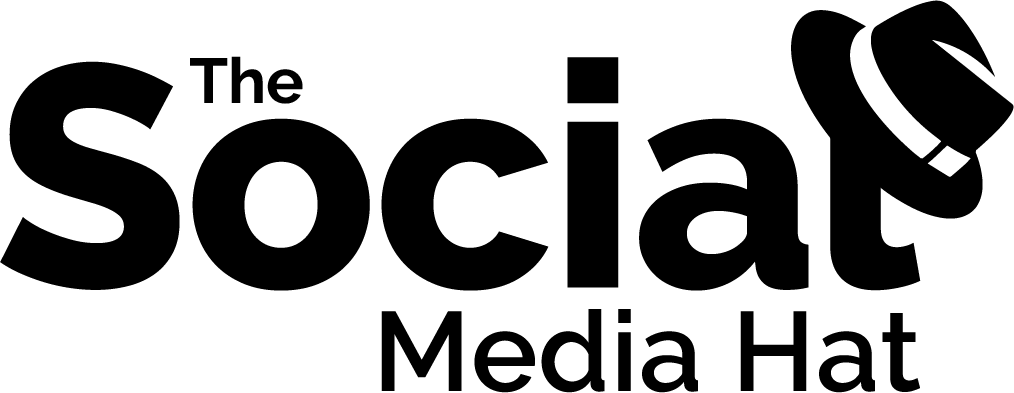As an influencer, content creator or entrepreneur, you know that social media is a critical component of your marketing strategy. With so many platforms to choose from, it can be challenging to determine which one is the best fit for your business. Two popular platforms for influencer marketing are LinkedIn and Instagram. Each platform has its unique strengths and weaknesses, which makes it necessary to evaluate the options carefully.
The decision of whether to use LinkedIn or Instagram for influencer marketing can be a daunting task. However, understanding the differences between these two platforms can help you make an informed decision about where to focus your marketing efforts.
Let’s take a closer look at how each platform can be used for influencer marketing and examine examples of successful campaigns.
LinkedIn for Influencer Marketing
LinkedIn is a professional networking platform that allows users to connect with other professionals and businesses. The platform has more than 740 million users, making it an excellent option for B2B influencer marketing. LinkedIn’s audience is primarily made up of professionals and decision-makers, which means that the platform is well-suited for reaching an audience with purchasing power.
One of the most significant advantages of LinkedIn is the ability to build relationships with other professionals in your industry. By engaging with other users on the platform, you can establish yourself as an expert in your field and build your personal brand.
RELATED: 5 Steps to Building Strong Relationships on LinkedIn
LinkedIn is also an excellent platform for sharing thought leadership content. By publishing articles and posts on LinkedIn, you can position yourself as a thought leader in your industry and build credibility with your audience.
For example, Microsoft CEO Satya Nadella has a strong presence on LinkedIn. He regularly shares updates and insights on technology and business, positioning himself as a thought leader in the industry.
Another example is HubSpot CEO Brian Halligan. He uses LinkedIn to share articles and videos on marketing and business strategy, positioning himself and his company as experts in the field.
Instagram for Influencer Marketing
Instagram is a social media platform that allows users to share photos and videos. The platform has more than one billion users, making it an excellent option for B2C influencer marketing. Instagram’s audience is primarily made up of younger generations, making it an ideal platform for reaching millennials and Gen Z.
RELATED: How to Become a B2B Instagram Influencer
One of the most significant advantages of Instagram is the ability to showcase your brand visually. By sharing high-quality photos and videos, you can showcase your products or services in a visually appealing way.
Instagram is also an excellent platform for building brand awareness. By partnering with influencers on the platform, you can reach a larger audience and build brand recognition.
For example, fashion brand Revolve partners with influencers on Instagram to showcase its products. By working with influencers, Revolve has been able to build a strong brand presence on the platform and generate significant revenue.
Another example is Glossier, a beauty brand that has built a cult following on Instagram. The brand regularly shares user-generated content, which has helped it to build a strong community and brand loyalty.
Jamie Yeo is a well-known Instagram influencer originally from Singapore and now based in the UK. She has amassed a huge following on the platform, with over 113k followers as of April 2023. Jamie is a television host, radio DJ, and model, and she uses Instagram to share her personal life and interests with her followers.
Jamie’s Instagram profile is a mix of personal and sponsored content. She often posts photos and videos of herself with her family and friends, as well as shots of her travels and adventures. Her sponsored content includes collaborations with brands in the fashion, beauty, and lifestyle niches, such as Clinique, Charles and Keith, and Sony.
Jamie’s content is visually appealing and engaging, with a mix of photos and videos that showcase her personality and interests. She also uses Instagram Stories to share behind-the-scenes glimpses into her life and work, as well as to interact with her followers through polls, Q&A sessions and other Instagram story games.
As a B2C influencer, Jamie’s content is geared towards consumers rather than businesses. She is a great example of how Instagram can be used to build a personal brand and establish oneself as an influencer in a particular niche. Jamie’s success on the platform is a testament to the power of Instagram as a marketing tool for businesses and individuals looking to reach a wide and engaged audience.

LinkedIn vs. Instagram: Which Platform is Better for Your Business?
When it comes to influencer marketing, the decision of whether to use LinkedIn or Instagram ultimately depends on your business’s goals and target audience.
For B2B companies, LinkedIn is an excellent platform for building relationships with other professionals and decision-makers in your industry. By establishing yourself as a thought leader on the platform, you can build credibility and generate leads.
For B2C companies, Instagram is an excellent platform for building brand awareness and reaching younger audiences. By partnering with influencers on the platform, you can showcase your products in a visually appealing way and reach a broader audience.
In conclusion, both LinkedIn and Instagram have unique strengths that make them suitable for influencer marketing. Understanding your business’s goals and target audience is critical when determining which platform to use. It’s essential to evaluate each platform’s strengths and weaknesses and determine which one aligns with your business objectives.
Fair and Unbiased Comparison
It’s worth noting that neither platform is superior to the other. Both LinkedIn and Instagram offer unique advantages for influencer marketing. It all comes down to what you hope to achieve and who your target audience is.
When making a decision, it’s essential to take into account your budget, your resources, and your marketing goals. Ultimately, the platform you choose should align with your business objectives and allow you to reach your target audience effectively.
Polish Your LinkedIn Profile
If you’ve decided that LinkedIn is the right platform for your business, it’s crucial to ensure that your profile is polished and professional. A well-crafted LinkedIn profile can help you establish yourself as an authority in your field and attract potential clients and customers.
To help you optimize your LinkedIn profile, we’ve put together an ebook that covers everything from creating a compelling headline to optimizing your summary and experience sections. You can download the ebook for free here.
Alternatively, you can sign up for our free webinar on how to polish your LinkedIn profile so that it shines for prospects. In the webinar, we’ll cover the best practices for creating a winning LinkedIn profile and share tips on how to leverage LinkedIn for prospecting and networking.
These resources are specifically designed to help individuals who wish to leverage LinkedIn to build a personal brand, whether they’re a content creator, executive leading their business, or an influencer establishing audience and authority.
Conclusion
In summary, both LinkedIn and Instagram have unique advantages that make them suitable for influencer marketing. LinkedIn is an excellent platform for B2B influencer marketing, while Instagram is ideal for B2C influencer marketing.
When choosing a platform, it’s essential to consider your business objectives, budget, and resources. Whichever platform you choose, remember to focus on building relationships with your audience, establishing yourself as an authority in your field, and providing value to your followers.
And if you’ve decided that LinkedIn is the right platform for your business, be sure to check out our free ebook and webinar on how to optimize your LinkedIn profile as an influencer, content creator, or executive. With the right approach, LinkedIn can be a powerful tool for building your personal brand and growing your business.


 Why So Many Brands Fail At B2B Influencer Marketing w/ Lee Odden
Why So Many Brands Fail At B2B Influencer Marketing w/ Lee Odden